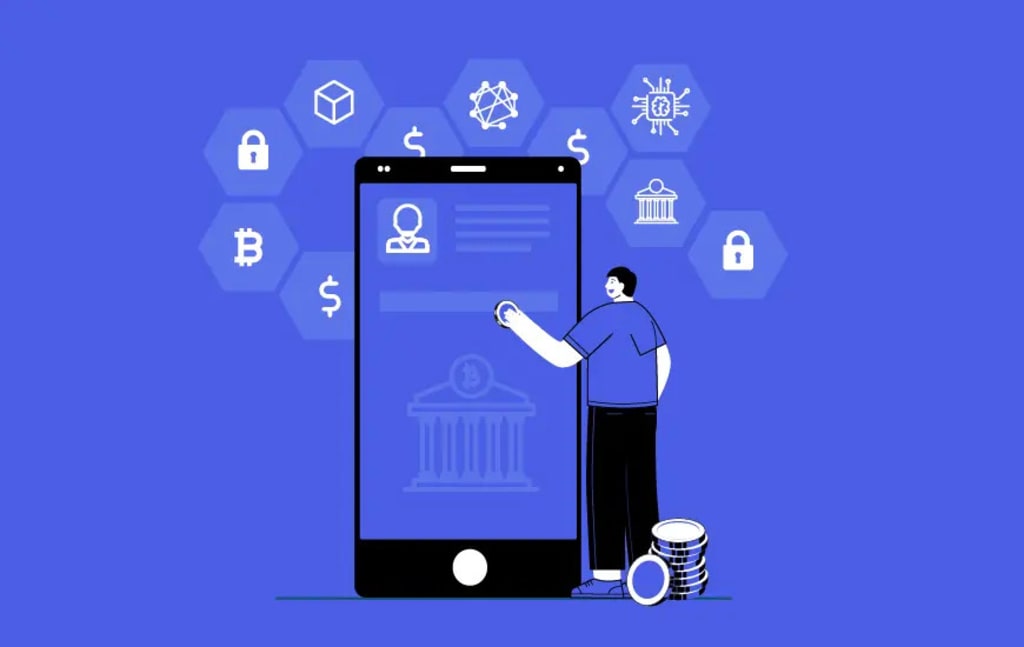New York is one of the most competitive technology hubs in the world. With startups, enterprises, and global brands all seeking cutting-edge mobile solutions, choosing the right mobile app development company in New York can feel overwhelming. So, what truly separates a top-tier firm from the rest?
Let’s explore the qualities that define a standout app development company in New York and why these factors matter for your business success.
1. Deep Understanding of Diverse Industries
A leading mobile app development company in New York doesn’t rely on one-size-fits-all solutions. NYC is home to industries such as finance, healthcare, retail, media, logistics, and real estate. Top companies understand the unique requirements, compliance standards, and user expectations of each sector.
An experienced app developer in New York can translate complex business challenges into intuitive, user-friendly mobile applications that deliver real value.
2. Strong Focus on User Experience (UX) and UI Design
Great apps are not just functional—they’re enjoyable to use. A top app development company in New York prioritizes clean interfaces, smooth navigation, and engaging user journeys.
Skilled mobile app developers in New York invest time in user research, wireframing, and usability testing to ensure apps meet user needs while aligning with brand identity. This focus leads to higher user retention and better app store ratings.
3. Expertise in Latest Mobile Technologies
Technology evolves rapidly, and a standout mobile app developer in New York stays ahead of the curve. From AI-powered features and IoT integration to AR/VR experiences and blockchain-based security, leading firms embrace innovation.
Whether it’s native iOS and Android development or cross-platform frameworks like Flutter and React Native, a top app developer in NYC offers the right technology stack for scalability and performance.
4. Agile and Transparent Development Process
Top companies follow agile development methodologies that allow flexibility, faster delivery, and continuous improvement. A reliable app development company in New York keeps clients involved through regular updates, sprint reviews, and clear timelines.
Transparency in communication, pricing, and milestones builds trust and ensures that the final product aligns perfectly with business goals.
5. Skilled and Collaborative Development Team
Behind every successful app is a talented team. A standout mobile app development company in New York employs experienced designers, developers, QA testers, and project managers who collaborate seamlessly.
A professional app developer in New York not only writes clean code but also understands business logic, scalability, and long-term maintenance.
6. Proven Portfolio and Client Success Stories
Reputation matters in a competitive market like New York. Leading companies showcase diverse portfolios with real-world apps and measurable results. Case studies, testimonials, and long-term client relationships highlight the reliability of a trusted app developer in NYC.
These success stories demonstrate the company’s ability to deliver high-quality solutions across different business models.
7. Post-Launch Support and Maintenance
App development doesn’t end at launch. A top mobile app development company in New York provides ongoing support, updates, bug fixes, and performance optimization.
Reliable post-launch services ensure your app remains secure, compatible with OS updates, and competitive in a constantly changing digital landscape.
8. Local Market Insight with Global Standards
New York’s fast-paced business environment demands speed, innovation, and precision. The best app development company in New York understands local market trends while maintaining global development standards.
An experienced mobile app developer in New York can create apps that resonate with both local and international audiences.
Conclusion
Choosing the right mobile app development company in New York can be the difference between an average app and a market-leading digital product. From technical expertise and design excellence to transparent processes and long-term support, top companies bring more than just coding skills—they deliver strategic value.
If you’re looking for a reliable app developer in NYC, focus on experience, innovation, and collaboration. These are the qualities that truly make a mobile app development company stand out in New York’s competitive tech ecosystem.




